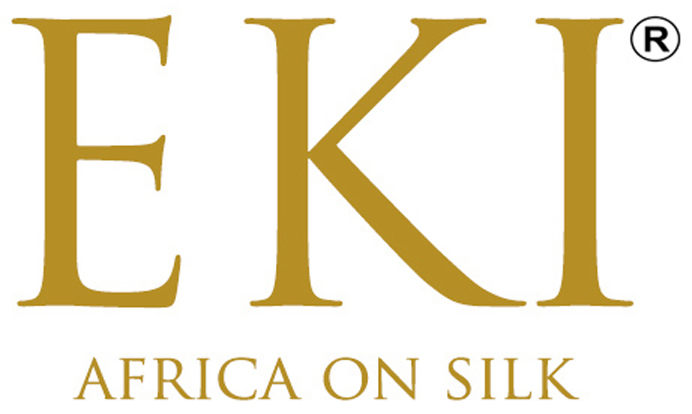Fashion industry is the world’s second industry polluting the planet earth right after oil. Fast fashion is popular and aggressive marketing campaigns create the urge to constantly buy something new. What is the future of fast fashion industry? Is it here to stay? People love trends that is for sure, leggings, jeggings are here to stay and products are evolving all the time. New materials are being researched and developed.
Why are clothes so polluting. Well, they take so much water to produce, for example you need 20,000 litres of water to produce a 1 kg of cotton (Business Of Fashion). Not to mention the chemicals that has gotten people worried. Known to cause diseases and that are hazardous for the people working in factories.
What I personally try to do is buy only the things I like, so this means avoiding emotional purchases. Researching brands environmental impact is very laborious, but if you have some inclination into the brand that does not sit in line with your ethos, maybe it is best to avoid them. Instead, just re-style your old clothes, it’s fun and cheaper 🙂
Hazel is here with me to answer my questions on her thoughts on the sustainability of fashion industry.
Tell me Hazel why have you chosen silk as your main material?
When we started out we wanted to work with a natural fabric, which at the same time was luxurious. I immediately gravitated towards silk as it is one of the softest fabrics, it glides on the skin, it is breathable and the prints pop magically on this textile. Thereafter I fell in love with the concept that it is biodegradable and less harmful to our environment.
I have always lived a very sustainable lifestyle being very conscious of waste, re-using things, walking instead of driving and especially when it comes to fashion, I am a true believer in saving up for that one timeless piece that will last versus buying into the idea of fast fashion.
Preserving our planet in any shape and form is key and the choice of silk tied in seamlessly into our ethos.
Where do you source your fabrics?
We source our silk from China. The mulberry silkworm is best sourced in China and South Asia.
What is your take on fast fashion?
I am not an advocate for fast fashion, however I do understand that it is cheap and an easy access to getting the latest trends. Having my own fashion line and knowing how much things cost, as well as labour, I really struggle to pick up items at ridiculously low prices (unless they are on sale of course). I feel someone down the line is suffering. I am aware not everyone has this conscious but I can only speak for myself here.
When you buy into EKI you buy into an ethical brand, a brand that understands and values the supply chain.
How would you recommend people to choose a brand?
People are firstly drawn to aesthetics, meaning the fashion styles of the brands. You are drawn to a brand because you appreciate their designs and they have a complimentary fit. If it is a small brand, I also buy into the story behind the brand, into the designer and what they stand for. I have refused to wear a designer in the past based on their racial stand-point.
As a brand, it is important your messaging is consistent and you ‘behave’ according to your values as people watch you. Social media has made this process so much easier as you can literally get an idea for what your favourite brand stands for by following their feeds.
What kind of ecological impact does a one piece of EKI-clothing have?
Silk is biodegradable, meaning it is a highly renewable resource with less impact on the environment.
Silk worms live off mulberry leaves, which don’t require chemicals such as pesticides to grow.
The process of silk making isn’t entirely environmentally friendly but there are aspects of it, which are. We cannot comply to it 100% but using natural fibres versus artificial textiles that leave a trail of chemical wastage is one step towards preserving our planet.
In addition to the ecological impact we also practise a very ethical approach to our production where we know everyone in that production line, and they are all paid appropriately. We also take a very sustainable approach towards our fabric leftovers, which we keep and recycle into new collections, so nothing goes to waste.
What is the future of sustainability in the fashion industry?
As fashion is the second most polluting industry, I believe sustainability is the only option we have. In the future, there will probably be stricter guidelines and higher taxes placed on brands that don’t comply.

Wishing you guys ecological holiday shopping moments…
xoxoxo
Eki-girls
